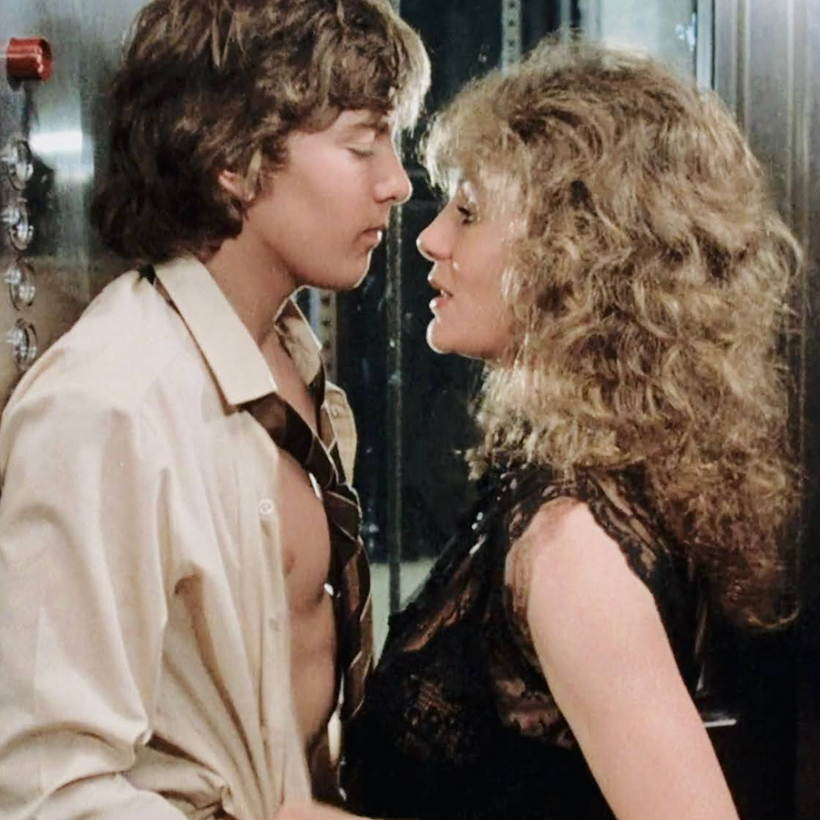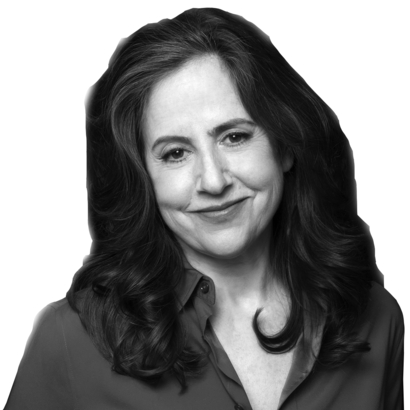Playworld, author Adam Ross’s long-awaited second novel (his first, Mr. Peanut, was published in 2010), starts off with a narrative bang: “In the fall of 1980, when I was fourteen, a friend of my parents’ named Naomi Shah fell in love with me. She was thirty-six, a mother of two, and married to a wealthy man. Like so many things that happened to me that year, it didn’t seem strange at the time.” Indeed, nothing seems all that “strange” to our very likable narrator, Griffin Hurt, in the same way that many people think their crazy families are normal because it’s all they know, until they either leave home or start therapy.
As that opening promises, Griffin experiences a lifetime of damage and blind endurance crammed into one extremely long, harrowing year. At 14, he is a successful actor by accident, having lucked into an enormous native talent he shrugs off as a combo of filial duty (his father is also a performer), a propensity for de-personalization, and a survival skill.


